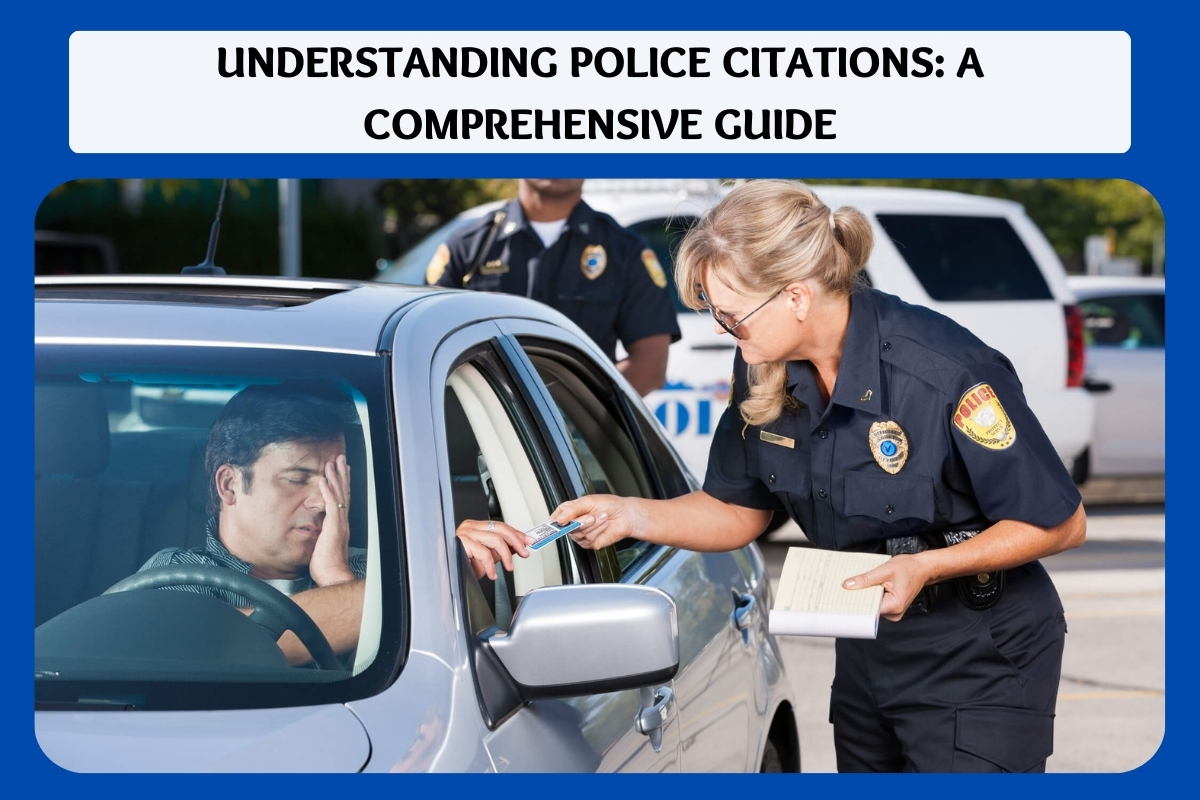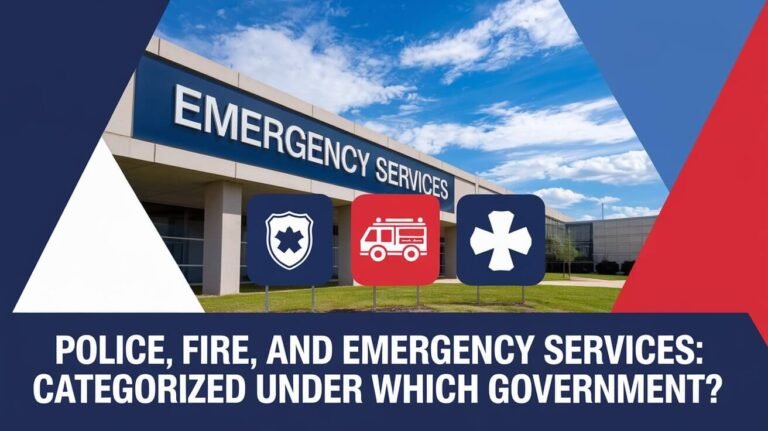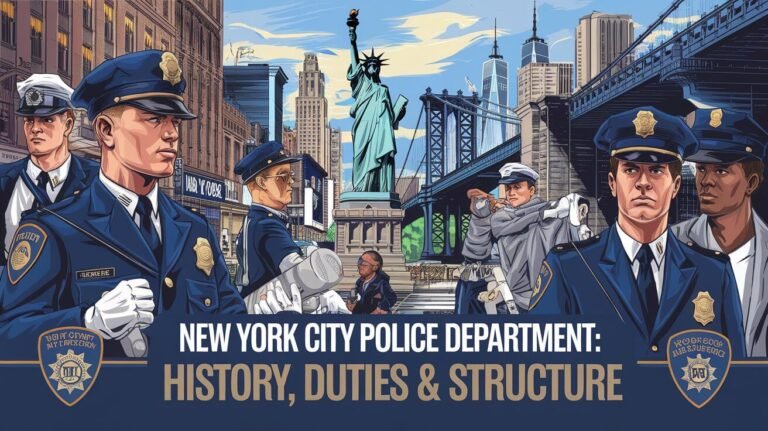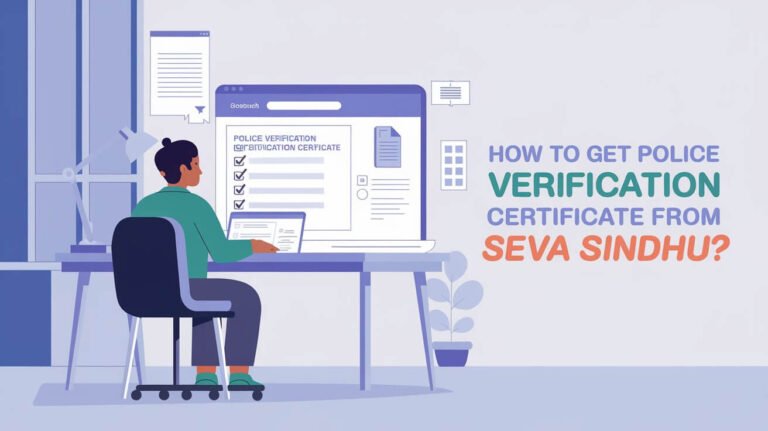Understanding Police Citations: A Comprehensive Guide

Have you ever been pulled over by a police officer and handed a citation? If so, you might be wondering, “What is a citation police?” A police citation, also known as a traffic ticket, is a legal document issued by law enforcement for violating traffic laws or regulations. In this comprehensive guide, we’ll cover everything you need to know about police citations, including their types, consequences, and what to do if you receive one.
What Is a Police Citation?
A police citation, or a ticket, is a written notice from a law enforcement officer informing you that you have been accused of committing a violation of traffic laws or regulations. It serves as an official record of the alleged offense and typically includes details such as the citation number, the specific violation, the date and location of the incident, and instructions on how to respond.
Essentially, a police citation is a formal allegation that you have broken a law or regulation related to driving or operating a vehicle. It is often synonymous with terms like “ticket,” “notice of violation,” or “summons.”
Types of Police Citations
Police citations can be issued for various types of violations, generally classified into two main categories: moving violations and non-moving violations.
Moving Violations
Moving violations occur when your vehicle is in motion, and they include offenses such as:
- Speeding: Driving above the posted speed limit.
- Running red lights or stop signs: Failing to stop at a red light or stop sign.
- Reckless driving: Operating a vehicle in a careless or dangerous manner, putting others at risk.
- DUI/DWI: Driving under the influence of alcohol or drugs.
- Failure to signal: Not using turn signals when changing lanes or making turns.
Non-Moving Violations
Non-moving violations typically occur when your vehicle is not in motion, such as:
- Parking violations: Parking in a restricted area, violating parking meter rules, or parking illegally.
- Expired registration: Driving with an expired vehicle registration.
- Equipment violations: Having defective equipment on your vehicle, such as broken lights or loud exhaust systems.
- No proof of insurance: Being unable to provide proof of valid auto insurance when requested by law enforcement.
- Tinted windows: Having window tints that violate state or local regulations.
Consequences of Receiving a Police Citation
Receiving a police citation can have various consequences, ranging from fines and penalties to potential impacts on your driving record and insurance rates.
Fines and Penalties
Most police citations come with a fine that must be paid by a specific deadline. The amount of the fine can vary depending on the severity of the violation and the jurisdiction where it occurred. In some cases, failing to pay the fine on time can result in additional penalties or fees.
For more serious violations, you may be required to appear in court, where you could face additional penalties such as community service, probation, or even jail time, especially for offenses like reckless driving or DUI/DWI.
Impact on Driving Record
Many traffic violations, especially moving violations, can result in points being added to your driving record. Accumulating too many points within a certain period can lead to consequences like license suspension or revocation.
Additionally, having traffic violations on your driving record can significantly increase your auto insurance rates. Insurance companies view drivers with multiple citations or serious violations as higher risks, and they may charge higher premiums or even deny coverage in some cases.
What to Do If You Receive a Police Citation
Respond promptly to a police citation to avoid additional penalties or consequences. Common options:
Pay the Fine
To accept responsibility, pay the fine by the deadline using payment instructions on the citation – online, by mail, or in person.
Contest the Citation
To challenge the citation, request a court hearing. Present evidence and arguments to the judge or hearing officer. They will decide to dismiss the citation, reduce the penalty, or uphold the original citation.
Attend Defensive Driving School
In some jurisdictions, you may have the option to attend a defensive driving course or traffic school as an alternative to paying the full fine or having points added to your record. Successful completion of these courses can often result in a reduced fine, dismissal of the citation, or prevention of points being added to your driving record.
High-Risk Auto Insurance for Drivers with Multiple Citations
Drivers who accumulate multiple traffic citations or serious violations, such as DUIs or reckless driving charges, may be classified as “high-risk” by insurance companies. As a result, they may need to obtain a specialized high-risk auto insurance policy.
High-risk auto insurance policies are designed to provide coverage for drivers with poor driving records or those considered high-risk by insurers. These policies often have higher premiums and may offer fewer coverage options compared to standard auto insurance policies.
If you find yourself in this situation, it’s essential to shop around and compare quotes from multiple insurance providers that specialize in high-risk auto insurance. This can help you find the most affordable and suitable coverage options for your specific circumstances.
Tips for Avoiding Police Citations
While receiving a police citation is sometimes unavoidable, there are several steps you can take to reduce your chances of being cited for a traffic violation:
- Follow traffic laws and regulations: Obey speed limits, stop signs, red lights, and other traffic rules at all times.
- Maintain a safe and defensive driving attitude: Stay alert, avoid distractions, and anticipate potential hazards on the road.
- Keep your vehicle in good condition: Ensure that your vehicle’s equipment (lights, turn signals, brakes, etc.) is functioning properly and that your registration is up-to-date.
- Be respectful and cooperative during traffic stops: If you are pulled over, remain calm, follow the officer’s instructions, and provide the requested documentation.
By following these tips and practicing safe and responsible driving habits, you can minimize your risk of receiving a police citation and maintain a clean driving record.
Conclusion
In summary, a police citation, also known as a traffic ticket, is a legal document issued by law enforcement for violating traffic laws or regulations. Citations can be issued for moving violations, such as speeding or reckless driving, or non-moving violations, like parking infractions or equipment violations.
Receiving a citation can result in fines, court appearances, points on your driving record, and potential increases in your auto insurance rates. It’s crucial to respond appropriately to a citation, whether by paying the fine, contesting it in court, or attending defensive driving school (if applicable).
Drivers with multiple citations or serious violations may be classified as high-risk and required to obtain specialized high-risk auto insurance policies, which often come with higher premiums.
Follow traffic laws, drive safely and defensively, maintain your vehicle. This minimizes the risk of citations and consequences from traffic violations.






